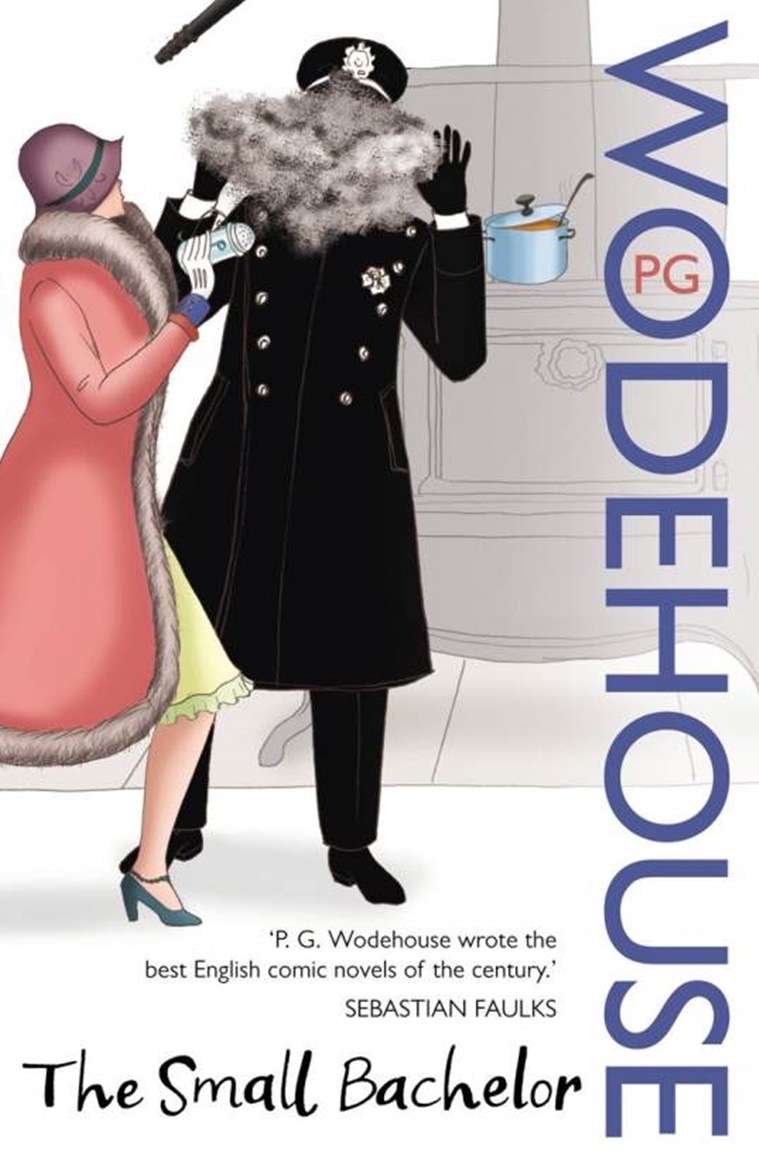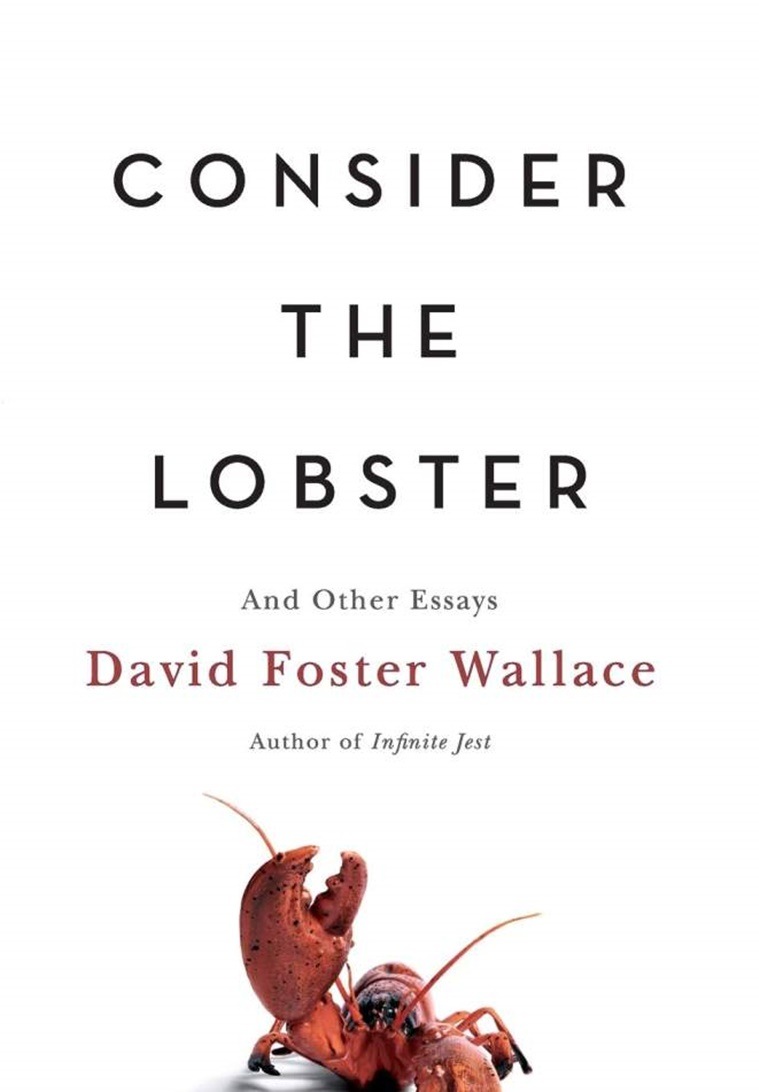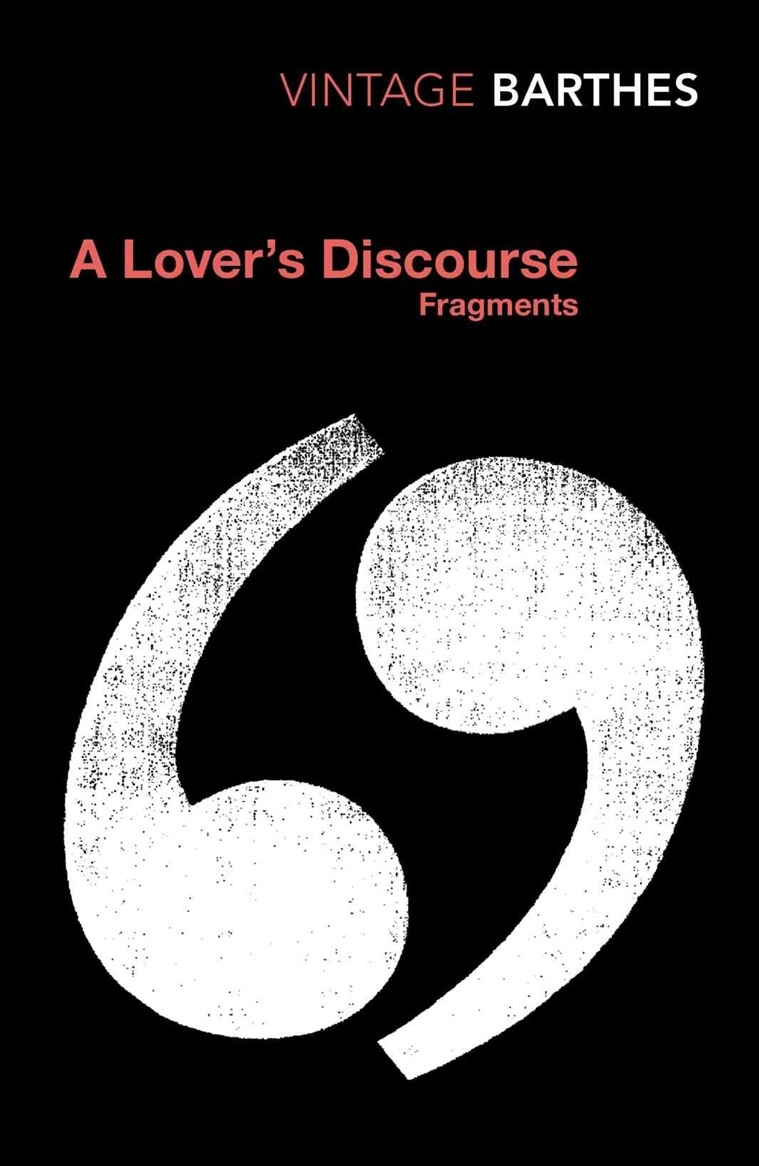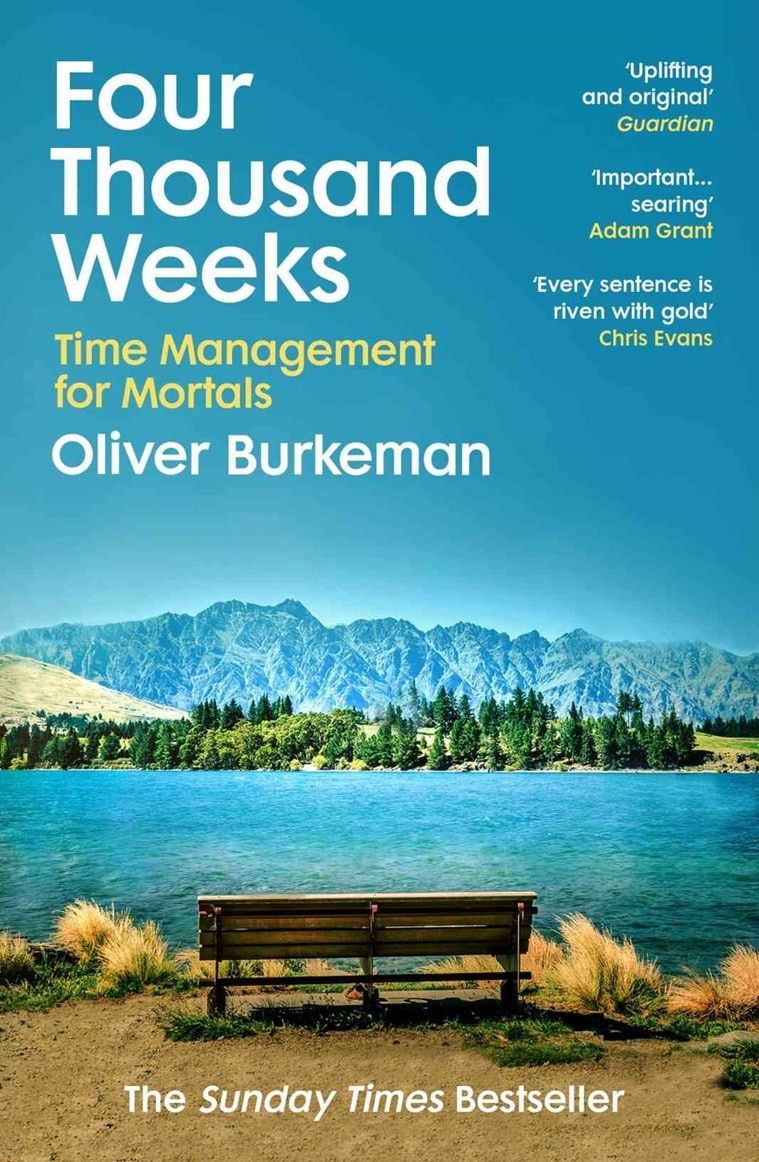The Reading Room: Books to help take your mind off the news
When the news gets too much, where do writers, publishers and editors seek distraction? Find out in this list of recommendations by stalwarts such as Jerry Pinto and Karthika VK
 Book cover of The Small Bachelor by PG Wodehouse (Methuen & Co, 1927) and Dissolution by CJ Samsom (Macmillan, 2003); Source: Amazon.in
Book cover of The Small Bachelor by PG Wodehouse (Methuen & Co, 1927) and Dissolution by CJ Samsom (Macmillan, 2003); Source: Amazon.inCompiled by Shashank Bhargava
- Jerry Pinto
Writer and translator; author of Em and the Big Hoom, and Murder in Mahim
Recommendation: The Small Bachelor by PG Wodehouse (Methuen & Co, 1927)
 Book cover of The Small Bachelor by PG Wodehouse. (Source: Amazon.in)
Book cover of The Small Bachelor by PG Wodehouse. (Source: Amazon.in)
Why?
When in doubt I turn to P. G. Wodehouse. I know that he seems to be in bad odour because he talks about a certain very privileged elite who have nothing to do but to enjoy their lives and avoid getting married, or try to get married. But my enjoyment really is about the elasto-plasticity of his language, about his exploration of what language can do. Now explorations of language have generally been used in literature to make us aware of the depths of the human psyche. But in the depths of the human psyche is also the ability to laugh, and that is very valuable to me. People who make us laugh remind us of our essential humanity, because we all laugh. And when we laugh we are at our best, unless we are laughing at someone who we want to hurt. In the Wodehousian format of laughter, we are laughing at the possibilities of language in which no one is hurt.
And therefore Wodehouse is who I turn to when I need to look away from the kraken that seems to be waking in the news every morning. In fact, Wodehouse has helped me through every single crisis that I’ve had. Simply because there is always the discovery of what you can do with a well deployed simile.
***************
- Karthika VK
Publisher, Westland
Recommendation: The Shardlake series by CJ Samsom (Macmillan, 2003 – 2018)
 Book cover of The Shardlake series by CJ Samsom. (Source: Amazon.in)
Book cover of The Shardlake series by CJ Samsom. (Source: Amazon.in)
Why?
This series is set in King Henry VIII”s time in England. Mathew Shardlake is a hunchbacked barrister working at the Court of Requests who gets pulled into court intrigues and, inevitably, a murder or three. A colleague introduced me to the series a few years ago and during these last months they have allowed me to escape into tightly plotted stories set in an expansive world that is seductive in its differences while providing constant reminders that we haven’t come all that far as a civilisation: despotic rulers, religious conflict and systemic cruelty at every level of society continue to be a way of life. I am on the last book of the series now and know I am going to miss the Tudors.
***************
- Farah Bashir
Author of Rumours of Spring: A Girlhood in Kashmir
Recommendation: A Thousand Years of Good Prayers by Yiyun Li (Random House, 2005)
 Book cover of A Thousand Years Of Good Prayers. (Source: Amazon.in)
Book cover of A Thousand Years Of Good Prayers. (Source: Amazon.in)
Why?
In her debut collection of short stories, A Thousand Years of Good Prayers, Yiyun Li seemingly offers a compendium of 14 stories that are intricately woven together with historical details and cultural nuances other than deadpan humour. In her pared-down prose, she owns the interiorities of her characters and offers deeper insights into the vulnerabilities of human lives with deceptive ease. She writes in her second language, English, and the oddities in her language impart her a distinctive style. It stays delightfully fresh read after read.
As a woman, when I write about intertwined personal and political lives, from a time that doesn’t exist anymore in my homeland, her writing has helped me navigate similar stories delicately.
***************
- Anurag Minus Verma
Podcaster and Columnist
Recommendation: Consider the Lobster and Other Essays by David Foster Wallace (Little, Brown and Co., 2005)
 Book cover of Consider The Lobster. (Source: Amazon.in)
Book cover of Consider The Lobster. (Source: Amazon.in)
Why?
This is a collection of non-fiction literary essays and reportage pieces. This book is an example of how to blend irreverence, humor, sharp insights with the craft of language to make even seemingly non-interesting subjects enjoyable. A primer for non-fiction writers on how to write observational writing that isn’t only limited to what you observe. A mastery over the craft of how writing can connect the everyday themes to grand intellectual queries. The book takes a reader on a unique, exhilarating, and adventurous ride and provides a philosophical critique of American culture.
The subjects of essays range from the adult film industry to the ‘sense of humour’ of Franz Kafka to 9/11 to tennis player Tracy Austin, to (Fyodor) Dostoevsky, and finally to lobsters. This range articulates the mind of DFW, who wrote in such a style that it would be difficult to fit him in a box and label him. His unique style immerses the reader into the brilliant and absurd world of DFW.
At this moment, I would take liberality to make a literary joke. Perhaps, this needs to be highlighted that David discovered the philosophy in the lobsters even before Canadian author Jordon Peterson did.
***************
- Shrayana Bhattacharya
Economist; author of Desperately Seeking Shah Rukh
Recommendation: Lover’s Discourse by Roland Barthes (Editions du Seuil, 1977; Farrar, Straus and Giroux, 1978)
 Book cover of Lover’s Discourse by Roland Barthes (Editions du Seuil, 1977; Farrar, Straus and Giroux, 1978), Source: Amazon.in
Book cover of Lover’s Discourse by Roland Barthes (Editions du Seuil, 1977; Farrar, Straus and Giroux, 1978), Source: Amazon.in
Why?
A perfect escape, the reader dives into a meditation on the architecture of our love and longing. Barthes is astute, wise and clear-eyed. The writing is a delight. While the world outside continues to baffle us, the book sheds light on the world within us.
***************
- Pooja Pillai
Journalist, Indian Express
Recommendation: Four Thousand Weeks: Time Management for Mortals by Oliver Burkeman, (Farrar, Straus and Giroux, 2021)
 Book cover of Four Thousand Weeks: Time Management for Mortals by Oliver Burkeman (Farrar, Straus and Giroux, 2021), Source: Amazon.in
Book cover of Four Thousand Weeks: Time Management for Mortals by Oliver Burkeman (Farrar, Straus and Giroux, 2021), Source: Amazon.in
Why?
What is our addiction to news but an attempt to make sense of this chaos that we call life and, thereby, gain some control over it? Oliver Burkeman’s Four Thousand Weeks: Time and How to Use it startles with its suggestion that all such attempts are futile. This anti-productivity productivity book is really about time management, but its observations and advice apply just as well to everything else in life because, as Burkeman says, quoting Heidegger, “being is time”. For those who feel chained to the news and other kinds of information flows that dominate our abbreviated attention spans, the lesson from this book is that it’s alright to let go, give up your attempts to “stay ahead” of the news because it will never happen. Free yourself from the belief that life is confined within your news feed and look, really look, at the world around you.



- 01
- 02
- 03
- 04
- 05




























